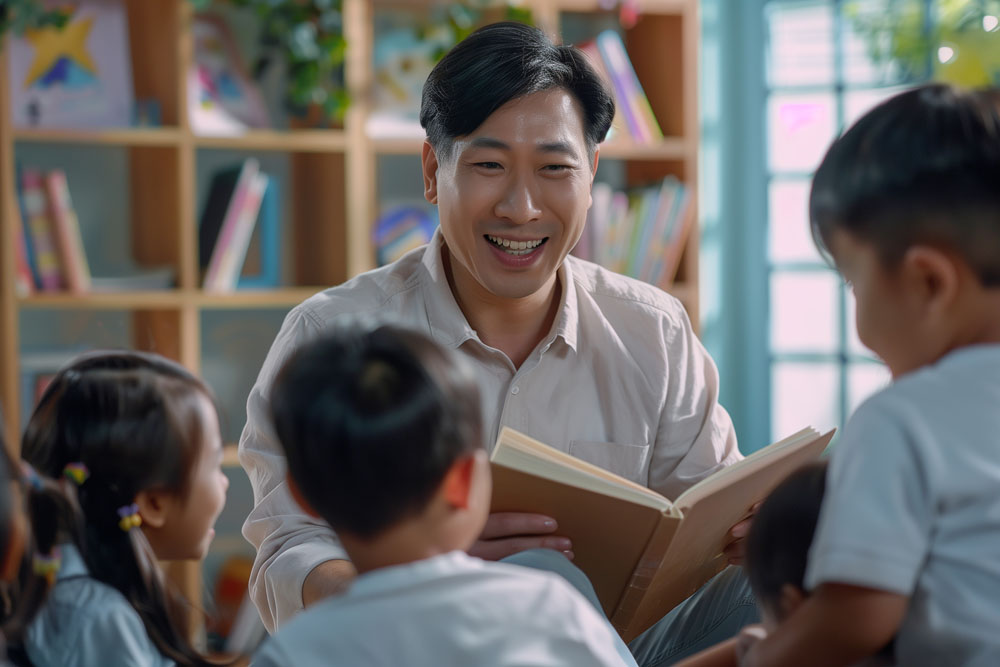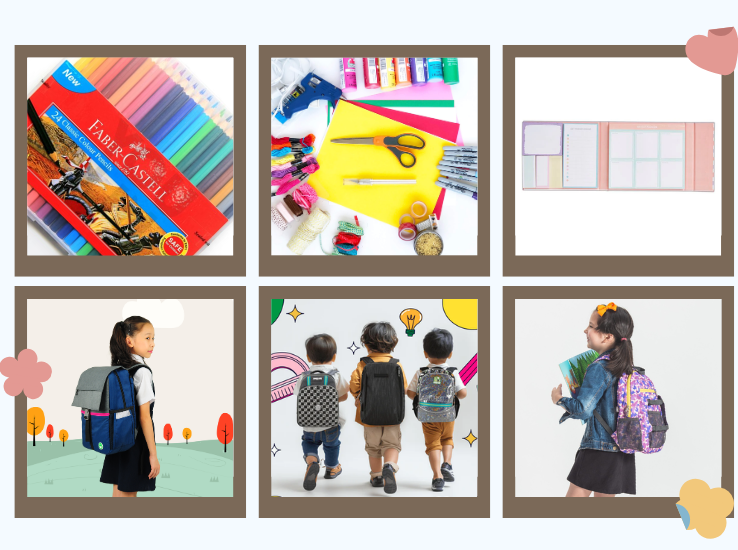What is the International Primary Curriculum (IPC)?
The International Primary Curriculum, also known as the IPC, is designed for children of age five to 11. The IPC takes a thematic approach bringing together subjects under one topic. For instance, younger students might cover topics such as Food, Shopping or Transportation whereas older students might cover topics such as Celebrations, Climate Control or Space Exploration. Currently, there are about 130 of these topics in total, also known as “learning units” to choose from. All of these topics are designed to appeal to the students’ interests and help them to learn more about the world around them. Each learning unit brings in learning goals from other subjects like literacy, numeracy, science and history. The conception of the IPC is theme-based learning which is not new as it was first introduced in the 1970s. However, what the IPC has innovated was to take this basic concept and modernise it to reflect findings from neuroscientists and other educationalists. The curriculum emphasises on how subjects are interdependent, allowing students to see the connections between subjects and how they are linked to a bigger idea. With this, the IPC is designed to provide both in-depth knowledge to students.
How is the IPC implemented?
The IPC has built a foundation consisting of learning goals, big ideas, the qualities the curriculum wants the children to develop, key skills and essential knowledge. The IPC has provided the students with subject goals, personal learning goals and international learning goals, and it is taught throughout three age phases: Milepost 1 (Age 5 to 7), Milepost 2 (Age 7 to 9) and Milepost 3 (Age 9 to 11). These mileposts are one of the key organisational features of the IPC.
Subject Goals cover the knowledge, skills and understanding of the students relating to the subjects that they are learning. The knowledge that is based on the facts and information that students are expected to learn from, skills that are based on practical abilities that students need in order to exhibit, and understanding that is based on a deeper awareness of the key concepts that will develop the students over time. The subject learning goals are inclusive of Language Arts, Physical Education, History, Music, Geography, Art and Society.
As for Personal Goals, it mainly underpins the individual qualities and dispositions that the IPC presumes students will find essential in the 21st century. There are eight IPC personal goals which are enquiry, resilience, morality, communication, thoughtfulness, cooperation, respect and adaptability. These are built into the learning tasks within each unit of work that brings opportunities to experience and practice.
Lastly, the International Learning Goals, from the IPC’s perspective, needs to be specific about what international-mindedness means and how it can be achieved in order to help the students to develop the mindset that allows them to think and act globally. The international learning goals are unique to the IPC as it helps young children to bring their journey towards a highly sophisticated national, international and intercultural perspective. This is important as it can help the students to have the mindset from “self” to “other”. Each thematic IPC unit is inclusive of an international aspect that helps the student develop a sense of “international-mindedness”.
What is the learning process of the IPC?
There are six stages that students will go through which are the Learning Targets, Entry Point, Knowledge Harvest, Explaining the Theme, Research and Recording Tasks and the Exit Point. After going through the Learning Targets, the Entry Point is introduced as an activity for students to have a specific unit of work. Then, teachers grasp how much a student already knows by conducting a Knowledge Harvest. Next, teachers will give an overview of the theme in The Big Picture. Students will then begin to study a particular unit of learning and carry out Subject Recording Activities. A unit of learning ends with an Exit Point where students will present their recording activities to their teachers and parents.
Why choose the IPC?
The IPC is a flexible and adaptable learning curriculum for children’s interest and level of understanding. It can be integrated with other curricula to ensure the students are able to meet statutory requirements in a creative and engaging way. Moreover, it also offers a simple yet structured curriculum focus when it comes to the subject goals, personal learning goals and international learning goals. Taking up the IPC curriculum, students are already a part of an international community of schools, teachers and learners with access to an online space for information sharing. Furthermore, the IPC also helps to engage parents with learning and have a better understanding of the relevance of learning in the classroom and at home. Teachers and students are able to get assessments done as teachers help to engage with them with learning and understanding each of the students’ level of understanding and skills. The IPC encourages collaboration and reflection not only between teachers and students but also among teachers within the school and worldwide.































